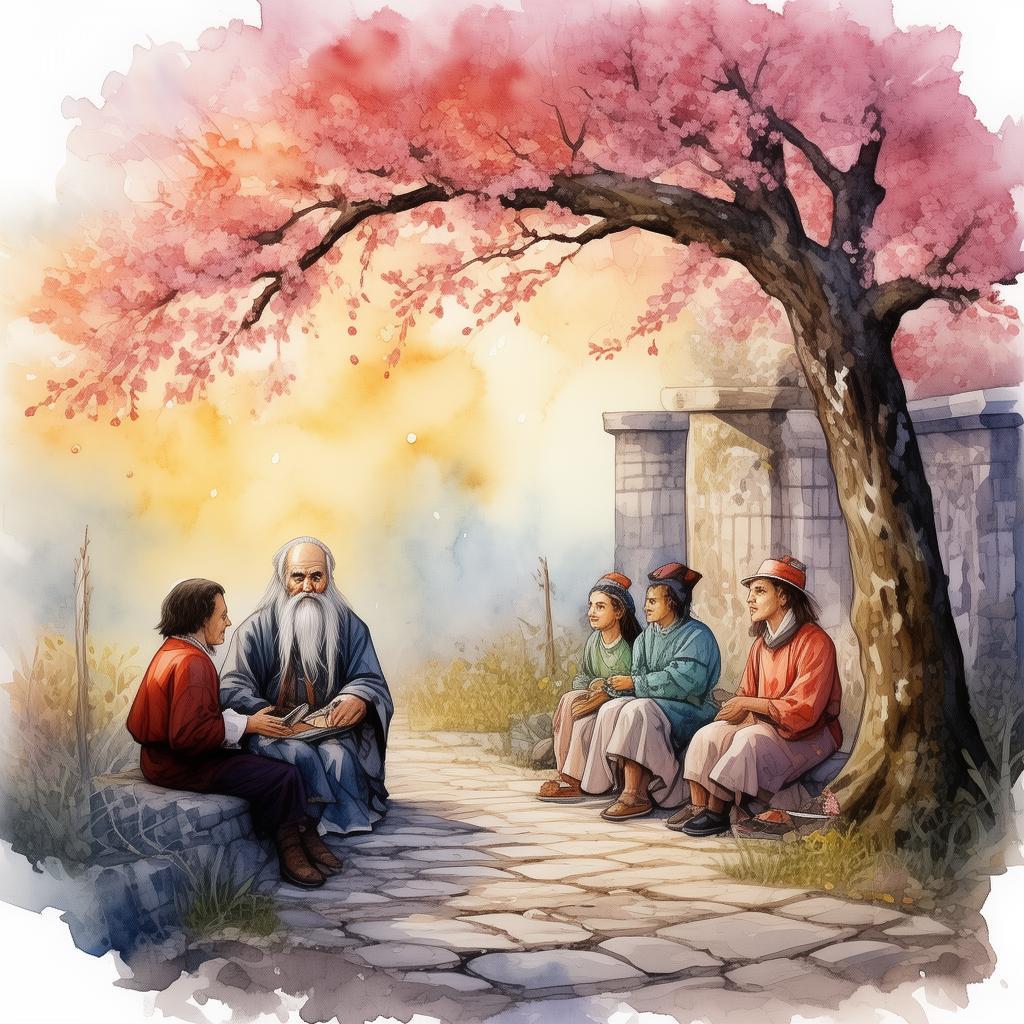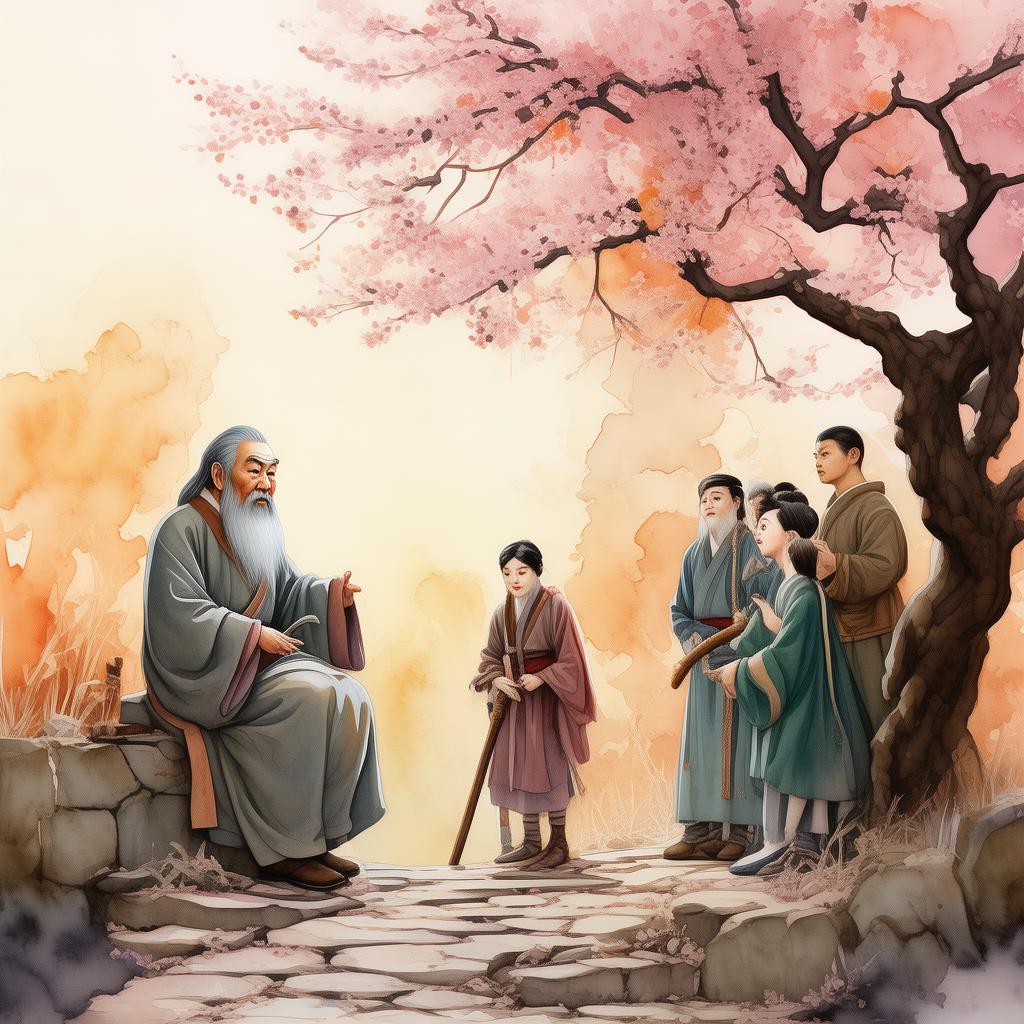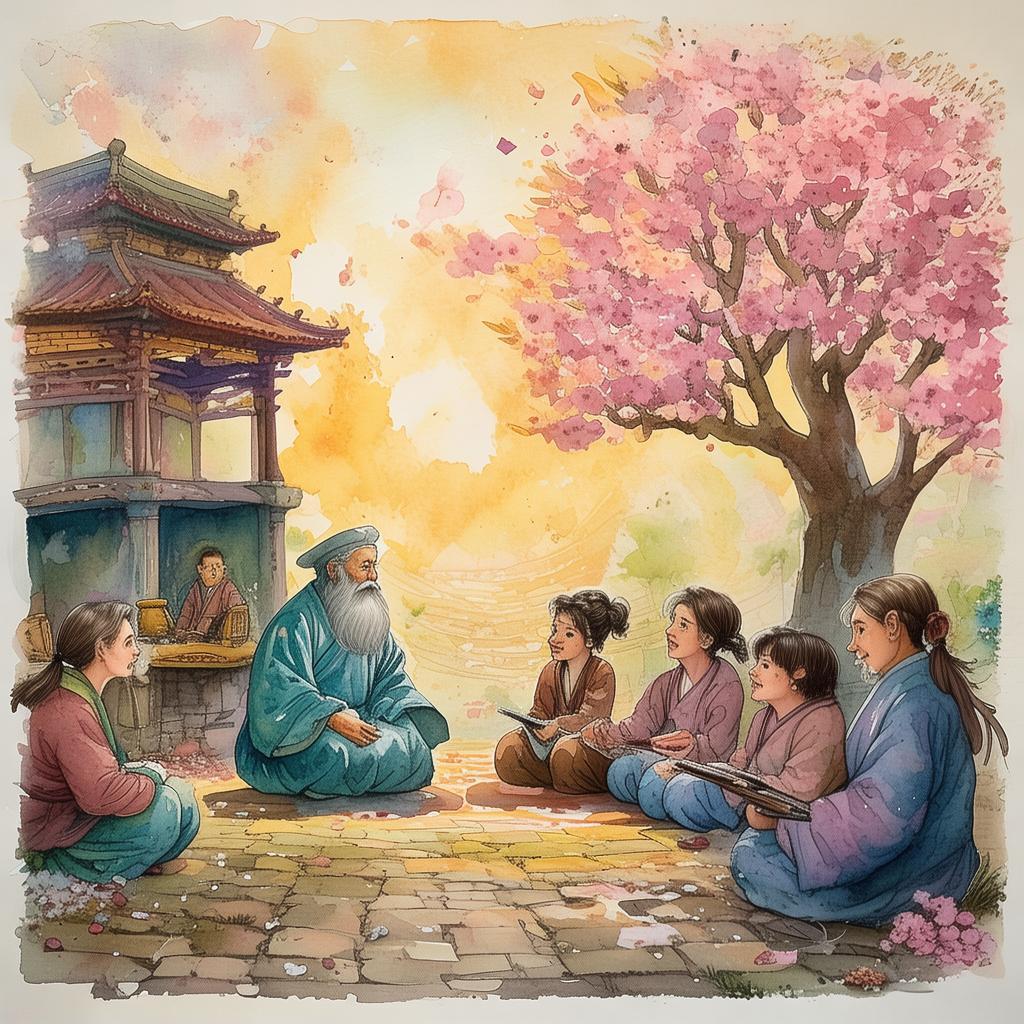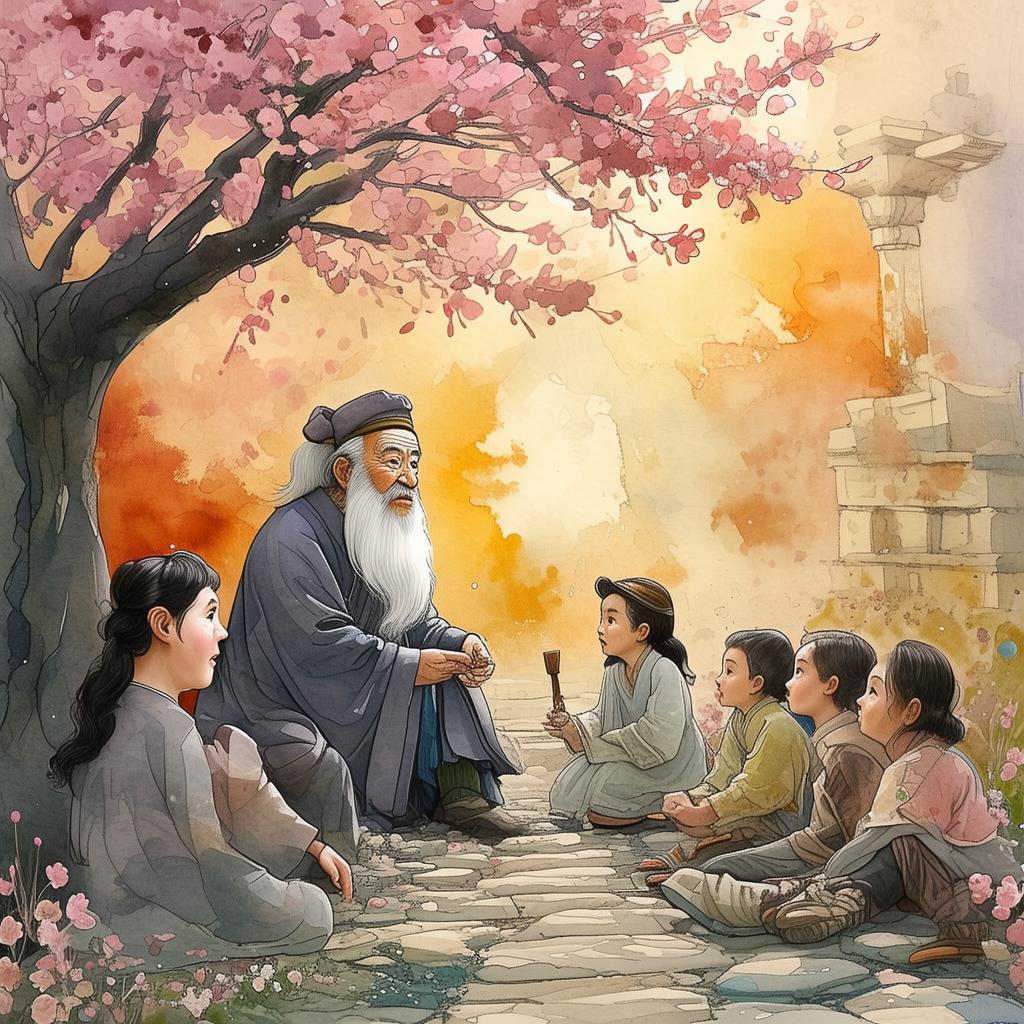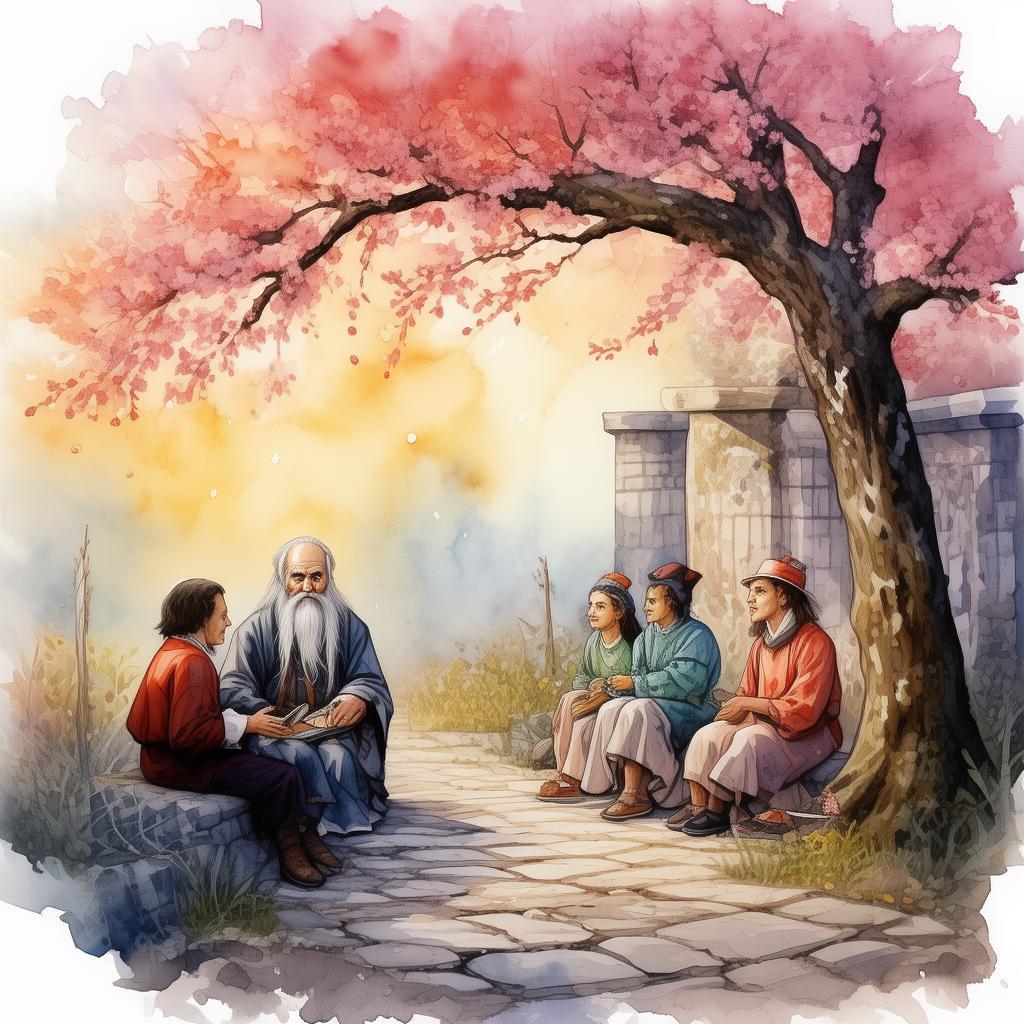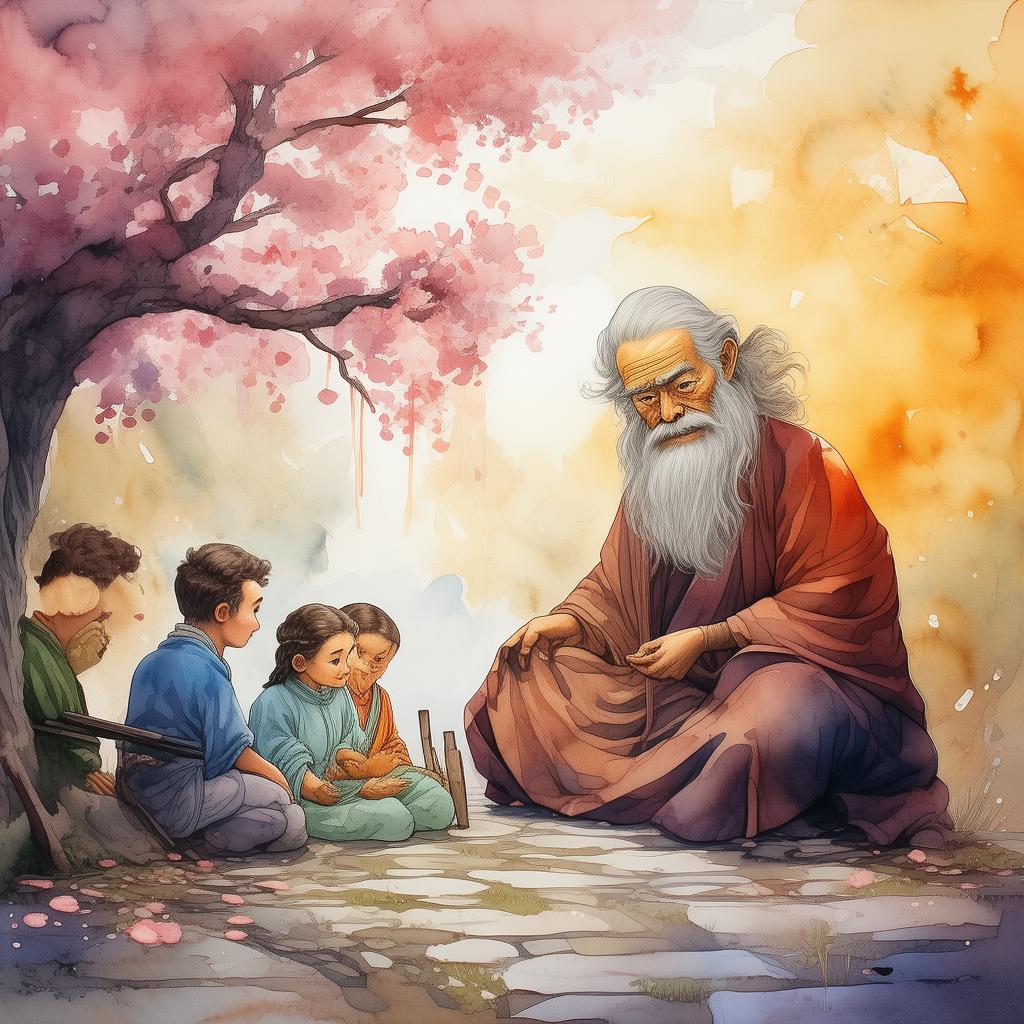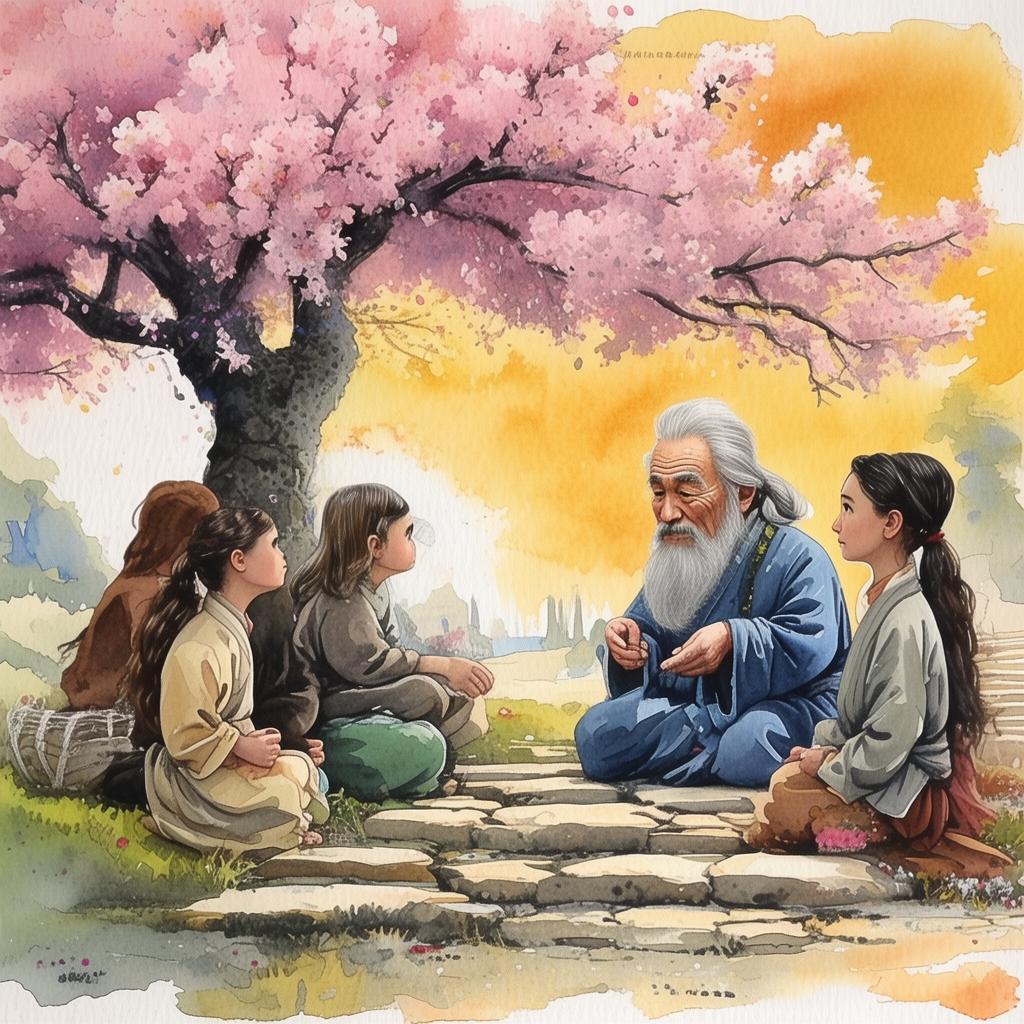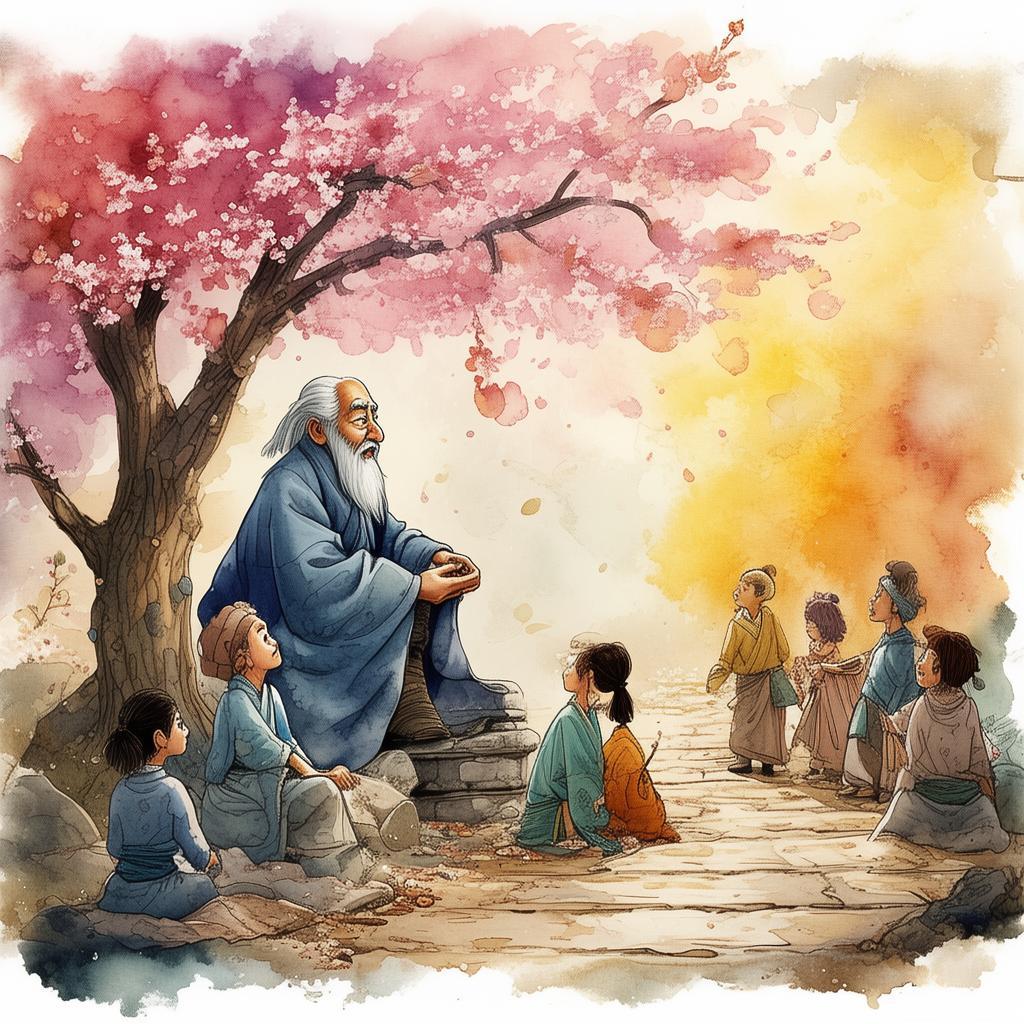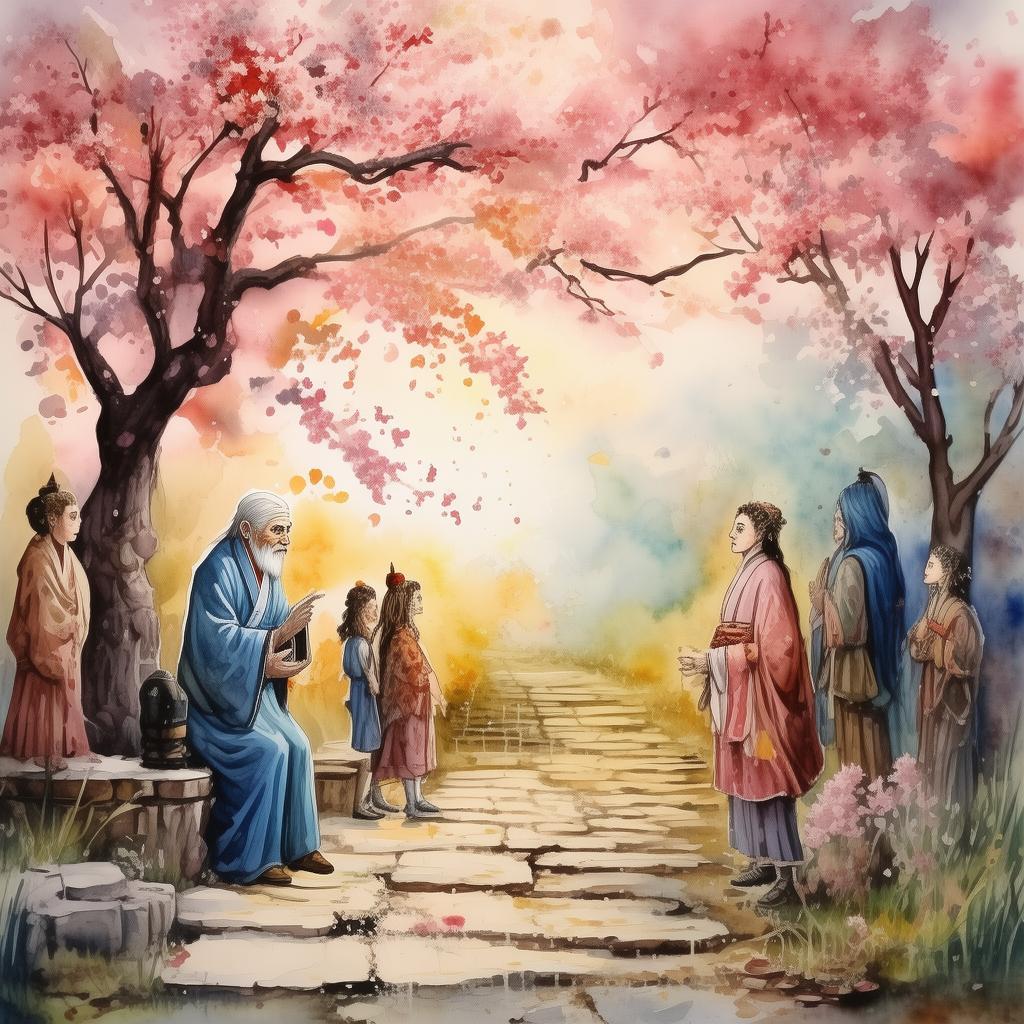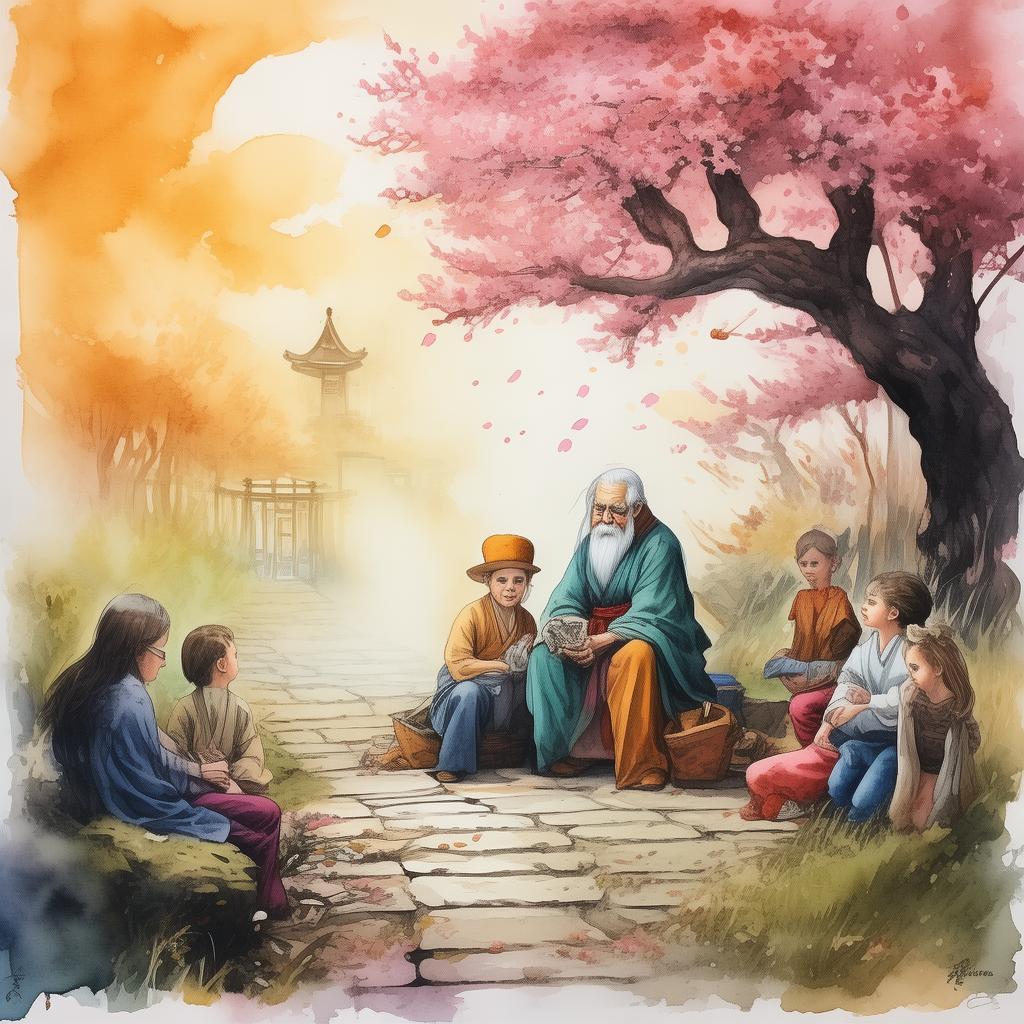Whispers of the Nile: The Rebellion of Pharaoh’s Son
In the shadow of the majestic pyramids, where the whispers of the Nile carried tales of ancient gods and forgotten empires, there lived a Pharaoh whose rule was as harsh as the scorching sun. His name was Rameses, a ruler so powerful that even the very earth trembled at his command. But beneath the surface of his opulent palace, there simmered a fire that would one day ignite a rebellion that would echo through the ages.
Rameses had a son, named Akhenaten, whose eyes held the wisdom of the Nile and whose heart beat to the rhythm of the people's suffering. Akhenaten had grown up surrounded by the opulence of the Pharaoh's court, but he had also witnessed the harsh realities of his father's rule. The people were taxed beyond their means, forced to labor in the construction of the Pharaoh's grand projects, and often left to starve in the deserts that surrounded their kingdom.
One day, as Akhenaten sat by the Nile, the river's gentle murmur carried a voice that was not of this world. It was the voice of the goddess of the Nile, herself, speaking to him in riddles and prophecies. The goddess warned him of a great darkness that would soon descend upon the land unless a great leader rose to challenge the Pharaoh's rule.
Intrigued and troubled, Akhenaten sought out the wise men of his father's court, hoping to understand the meaning of the prophecies. But they, too, were bound by the Pharaoh's word and could only speak in riddles and cryptic phrases. It was not until Akhenaten sought out the humble farmers and artisans that he found the answers he sought.
The farmers spoke of the land that was becoming barren, the artisans of the tools that were breaking from overuse, and the merchants of the markets that were emptying. They told of the people's suffering, their fear, and their hope that a leader would arise to free them from the Pharaoh's grasp.
With a heavy heart, Akhenaten realized that the time for action had come. He would challenge his own father, a man who had become a deity in the eyes of the people, and rally the people to his cause. He knew that his journey would be fraught with peril, but he was driven by a singular purpose: to free his people from the yoke of tyranny.
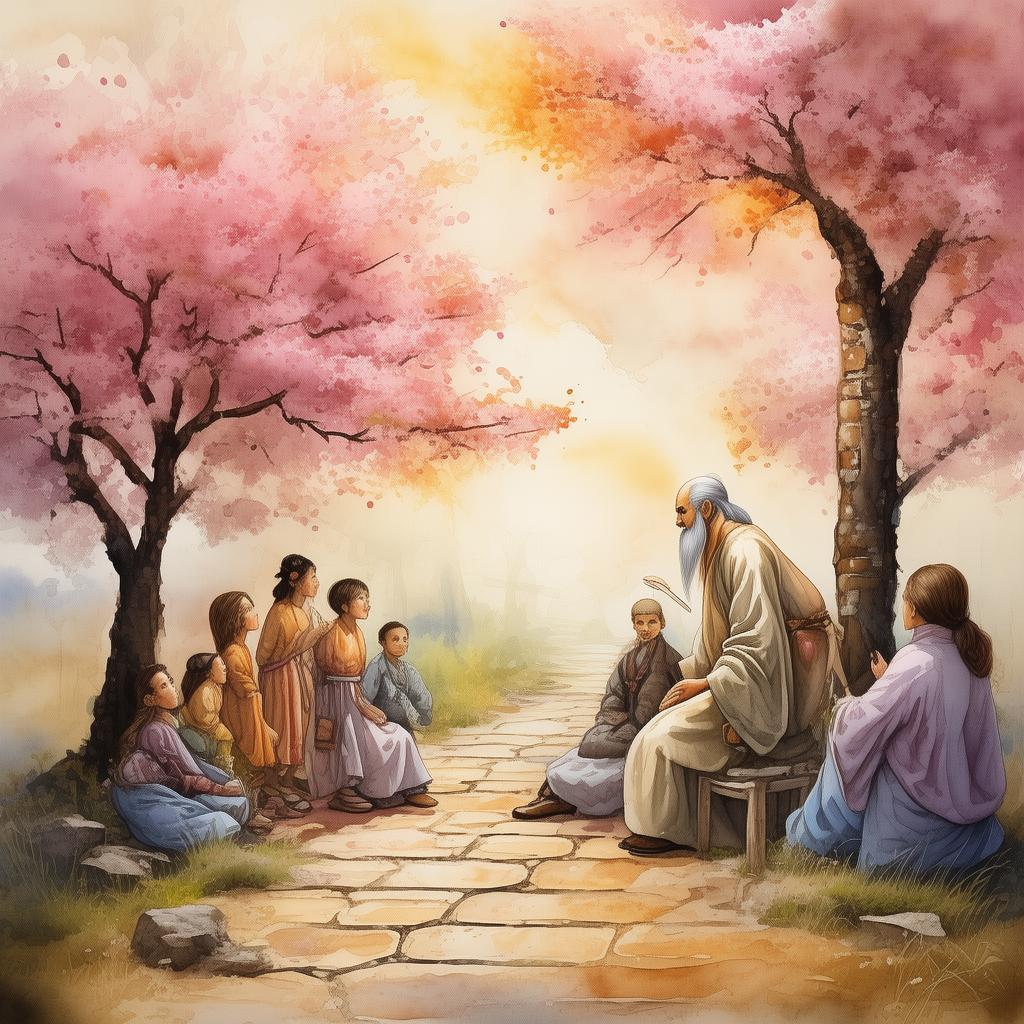
Akhenaten began his rebellion in the quietest of ways, spreading whispers through the land of his father's corruption and the people's suffering. He spoke of a new dawn, where the people would rule themselves, and the land would flourish once more. His words resonated with the hearts of the weary and the downtrodden, and soon, a rebellion was born.
The Pharaoh, Rameses, was none too pleased to learn of his son's uprising. He called together his greatest warriors and his most loyal advisors to devise a plan to quash the rebellion. The Pharaoh's army was vast and fearsome, and it seemed that Akhenaten's cause was doomed from the start.
But Akhenaten had one advantage that his father could not match: the love and loyalty of the people. As the rebellion spread, the people of the Nile rose up in support of their young leader. They fought not just for freedom but for a new way of life, one that valued them as more than just subjects.
The battle between the Pharaoh's army and Akhenaten's rebels raged for days, the Nile itself turning red with the blood of the fallen. But the will of the people was strong, and in the end, it was their unity that turned the tide. The Pharaoh's army, once a formidable force, crumbled under the weight of the people's resolve.
Rameses, seeing the writing on the wall, chose to flee, leaving his throne behind. Akhenaten, now the liberator of his people, ascended to the throne, but he did so not as a ruler but as a leader. He governed with compassion and wisdom, ensuring that the suffering of his people was a thing of the past.
The whispers of the Nile carried the story of Akhenaten's rebellion far and wide, and his name became synonymous with hope and freedom. The phrase "Whispers of the Nile" was used to describe the power of the people's voice, and it would be spoken for generations to come, a testament to the resilience of the human spirit.
In the end, the rebellion of Pharaoh's son became a story not just of triumph over tyranny but of the enduring strength of the human heart. The Nile continued to flow, carrying with it the echoes of that great rebellion, a reminder that even in the darkest times, there is always a spark of hope that can ignite a revolution.
✨ Original Statement ✨
All articles published on this website (including but not limited to text, images, videos, and other content) are original or authorized for reposting and are protected by relevant laws. Without the explicit written permission of this website, no individual or organization may copy, modify, repost, or use the content for commercial purposes.
If you need to quote or cooperate, please contact this site for authorization. We reserve the right to pursue legal responsibility for any unauthorized use.
Hereby declared.
